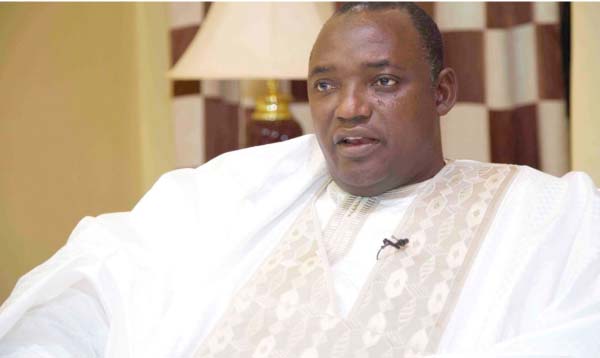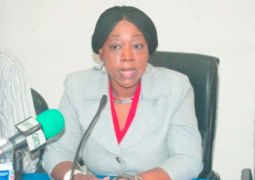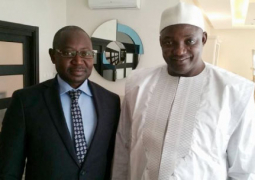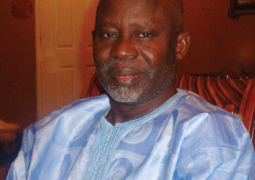
The
government of President Adama Barrow has outlined four sectors as immediate
areas of priority that it would focus on for the meantime.
At
the third cabinet meeting held yesterday, communication, energy, infrastructure
and education were agreed as the four areas deserving government immediate
intervention.
It
was the third cabinet meeting since President Barrow took office more than five
months ago.
According
to a press release from the State House, the meeting has agreed on the need for
putting in place a communications strategy that would ensure regular
communication from government to the Gambian public and this would include
regular press briefings and bi-annual news conferences by President Barrow
himself.
On
the area of energy, the Ministry of Petroleum and Energy is to ensure that the
country’s appalling electricity situation is addressed with utmost urgency.
On
infrastructure, the ministry of Transport, Works and Infrastructure would
intensify work on the existing projects such as the Banjul Port Expansion
project, construction of the Basse-Fatoto-Koina Road, the Basse and Fatoto
bridges project, and improvements in ferry services.
In
the education sector, Ministry of Basic and Secondary Education would support
strategies to improve basic and secondary education in the country.
Full
version of the press release from State House is published below.
Fajara,
13 June 2017 – Four areas have emerged as immediate areas of priority for the
Barrow administration. They are communication to the Gambian public, energy -
especially the provision of stable electricity, overhauling other
infrastructure, and education. These issues came to light at the third cabinet
meeting of the Barrow administration, held at State House in Fajara today.
Led
by President Adama Barrow, the meeting reviewed the conclusions of the last
cabinet meeting held in May.
The Cabinet agreed on the need for the putting
into place of a communications strategy that would ensure regular communication
from government to the Gambian public. Minister of Information and
Communications Infrastructure Demba Jawo, who was away on official business,
indicated, through his colleague, Mai Ahmad Fatty, that this was a high
priority for his ministry. New measures will include regular press briefings
and bi-annual news conferences by the President of The Gambia himself.
Minister
of Petroleum and Energy Fafa Sanyang presented the Continental Self and
Maritime Zones Bill, 2015 for discussion. He also noted that the Gambia had
been invited to become a signatory to the International Energy Charter. The
minister further assured the President and his cabinet colleagues that
everything was being done to ensure that the country’s electricity situation,
which had become worse with increasing power outages, was being addressed with
utmost urgency.
Transport,
Works and Infrastructure Minister Lamin Jobe presented an update on projects
under his ministry’s purview. These included the Banjul Port Expansion project,
construction of the Basse-Fatoto-Kiona Road, the Basse and Fatoto Bridges
project, and improvements in ferry services.
Agriculture Minister, Omar Jallow said that
with the fast approaching rainy season, his ministry would give priority to
timely- and weather sensitive considerations in its projects. He said The
Gambia was benefiting from its participation in the 9th Annual Forum on
Agriculture and the 12th International Agricultural Fair, which were both held
in Morocco in April. Minister Jallow
explained that the country was on track with its objective of improving and
promoting agriculture and food security through water as well as sustainable
agribusiness practices. Honourable
Jallow also presented a bilateral agreement on agriculture with Turkey.
In
the education sector, Minister of Basic and Secondary Education Claudia Cole
presented the Basic and Secondary Education Act 2016, which will support
strategies to improve basic and secondary education in the country.
The
cabinet meeting also reviewed briefs on the finalisation of the National Plan
of Action, the revised 2017 national budget, the setting up of the Truth and
Reconciliation Commission, as well as the Waste Management, Forestry Bill and
internal security issues.
Read Other Articles In Article (Archive)




